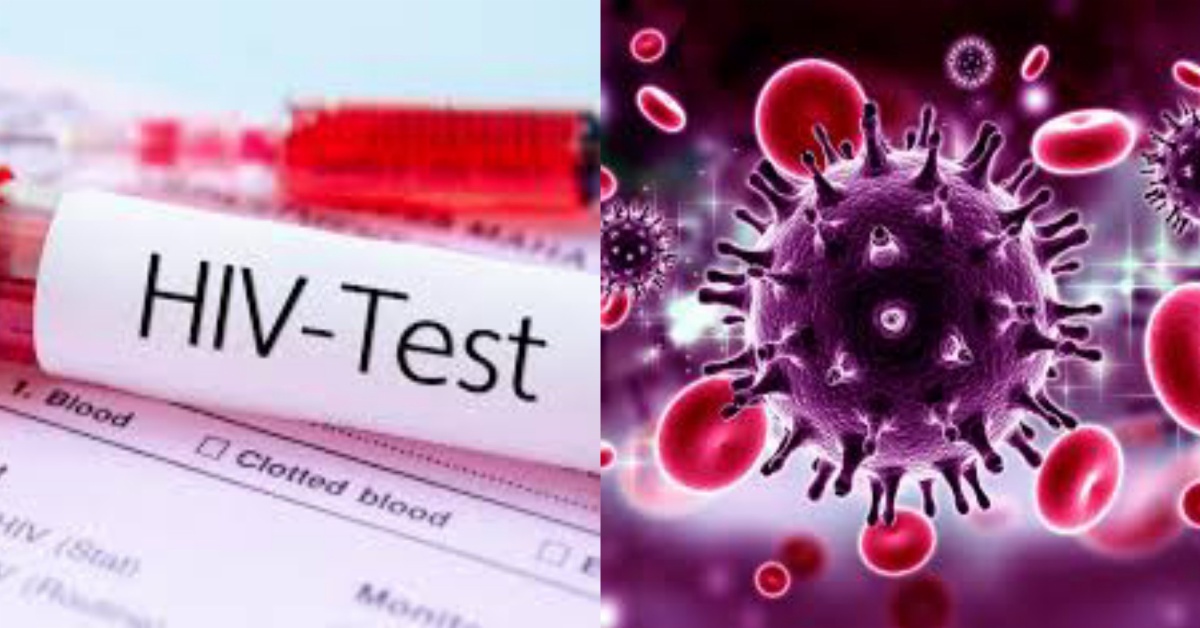As tomorrow December 1st is World Aids Day, the National HIV/AIDS Secretariat (NAS) Communication Coordinator, Abu Bakarr Koroma says, the Covid Pandemic has led to low funding, thereby affecting their operations.
He told Politico that the Government of Sierra Leone, Global Fund, and the United Nations Aid have been supporting the HIV response, but three had been a drop and now rely more on funds from the president’s Emergency Plans for Aids Relief (PEPFAR) which is coming from the United States Government.
He said they have been engaging people to do public teaching on HIV and also emphasized that when the requisite funds were available they engaged the traditional media and printed handbills to sensitize people to the dangers of HIV.
He also said that they receive support from the World Health Organization.
NAS has been working as a partner with the Network of HIV Positives in Sierra Leone (NETHIPS) which is one of the implementers for various HIV programs in the country they deal with support groups that are made up of people working with persons living with HIV in the country.
1.7 percent of the country is said to be HIV positive, the majority being youth. The Western Area Rural is said to have the highest concen- tration of infected people.
Meanwhile, the Coordinator of NETHIPS Williemina Bah has raised concerns about the lack of HIV drugs in the country amid reports of containers of HIV drugs stuck without any explanation.
Bah said seven districts are greatly populated with HIV-infected people and named a few, Koinadugu, Western Urban, Western Rural, Kambia, and Port Loko, adding that their work hinges on confidentiality for them to be able to know the constraints of these people and help proffer solutions to their problems.
Talking about the theme which is equalization, Bah said “it is not a bad idea to choose that theme to end HIV by 2030 but what are we equalizing when we are out of stock? When the medicine that should be used to sustain the affected people is not available in the country?”
She went on to say that the theme is timely but the government should take note also that equipment to be used to conduct HIV tests is not available in the country as well as the drug which stops mother-to-child infection during pregnancy, putting babies at risk.
Bah appealed to the government of Sierra Leone and the Ministry of Health to get those responsible so that the containers full of HIV drugs stuck at the Elizabeth Quay be released.
She concluded by saying that people should not d feel that because Covid came HIV has ended, and that there was a need to pay attention and ensure that they continue to sensitize and educate the public about HIV.
The AIDS virus destroys and impairs the function of immune cells, and infected individuals gradually become immunodeficient. The body becomes increasingly unable to fight infections and disease and becomes vulnerable to opportunistic infections and cancers.
The most advanced stage of HIV infection is acquired immunodeficiency syndrome (AIDS), which can take two to fifteen years to develop depending on the individual.
HIV remains a major public health issue that affects more than 2 million people in the WHO European Region.
Progress toward HIV goals has stalled, resources have shrunk and numerous lives are at risk as a result. Disparity and inequity of access to health services, and HIV services in particular, and disregard for human rights are among the failures that allowed HIV to become and remain a global health crisis.
On 1st December the world will mark World AIDS Day 2022, under the theme “Equalize”. The theme came about as a result of recognizing the inequalities which are holding back progress in ending AIDS including equal access to essential HIV services for infected people.



 Post a comment
Post a comment









Comment(s)
Disclaimer: Comments expressed here do not reflect the opinions of Sierraloaded or any employee thereof.
Be the first to comment